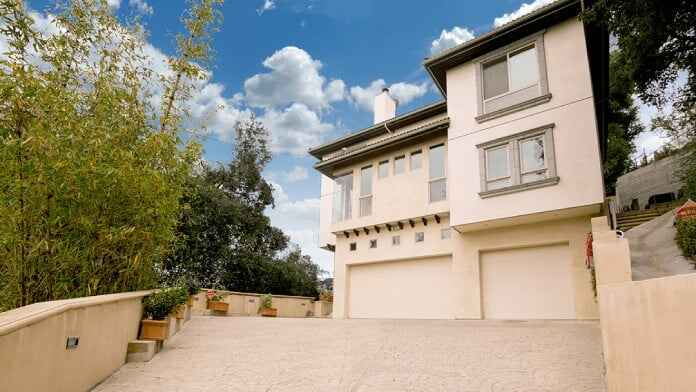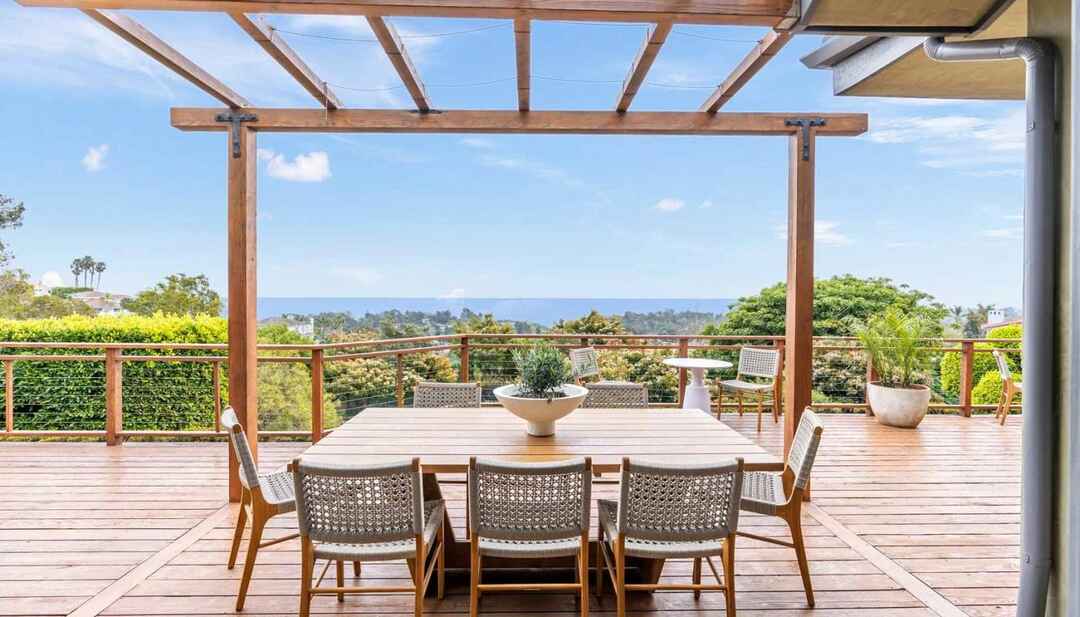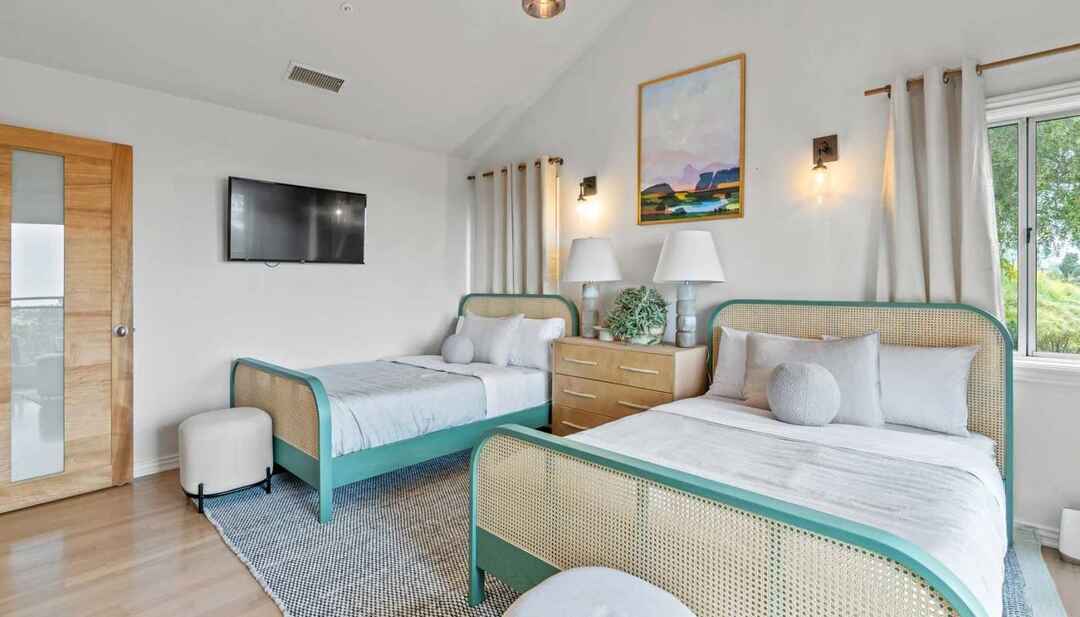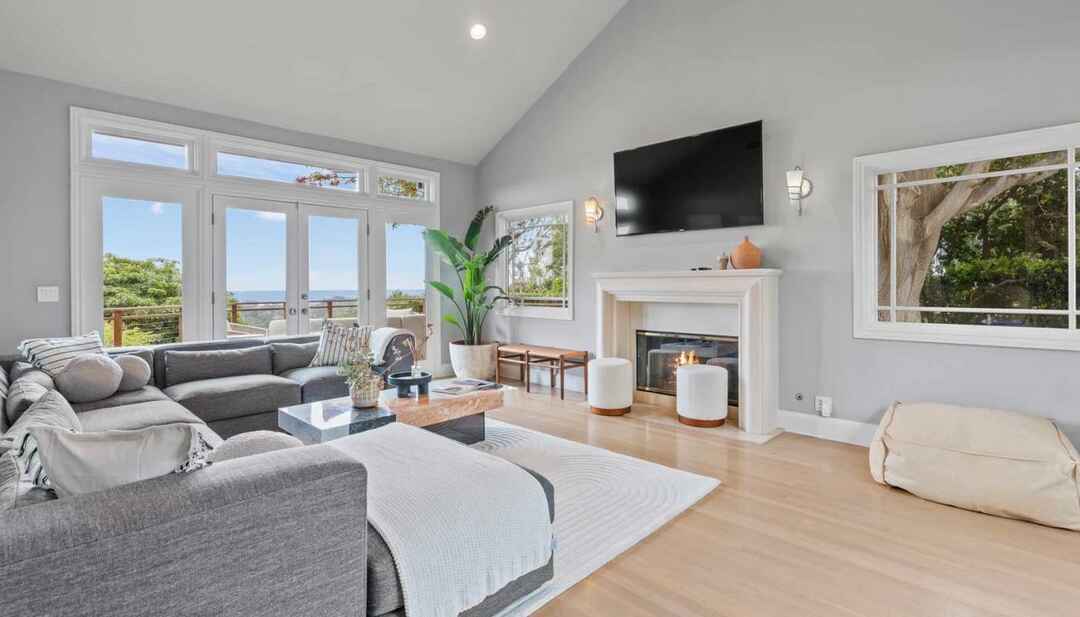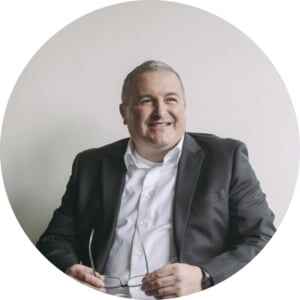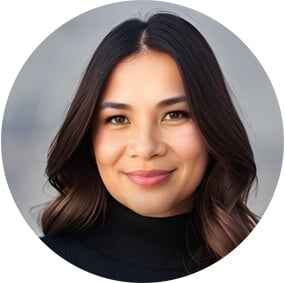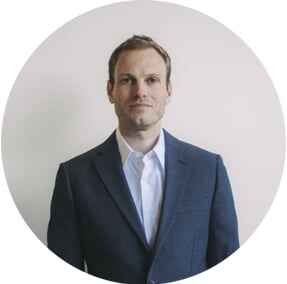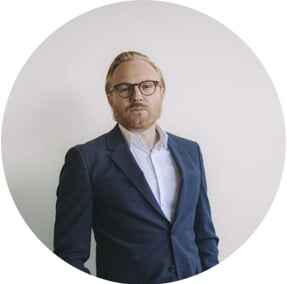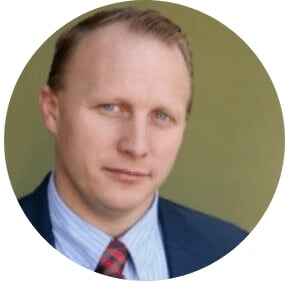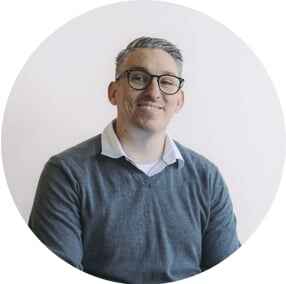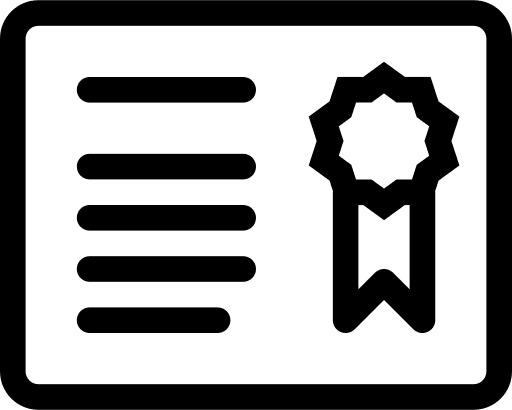About Key Transitions – Los Angeles
Key Transitions, located in Los Angeles, California, is an alcohol and drug rehab center that provides addiction treatment services to teens through a continuum of care suitable for high-risk and low-risk individuals. They focus on supporting troubled youth in learning how to live a healthy and productive lifestyle.
Key Transitions focuses primarily on individuals aged 13 to 17. Their programs include:
The residential program is a 45 to 60-day program that provides 24/7 supervision. Individuals will engage in learning how to regulate their behaviors, along with developing coping skills that provide healthy outlets for challenging experiences. Individual therapy, group therapy, psychoeducational classes, and discharge planning are provided.
The partial hospitalization program meets five days a week during daytime hours. Individuals return home in the evening. This program is suitable for those who do not need continuous supervision, but who are at high risk and need structure and support. mental health counseling, family involvement, academic assistance, and skills classes are provided.
Key Transitions accepts most major medical insurance plans, including Beacon, Wellmark, HCSC, and more. Out-of-network benefits may vary.
